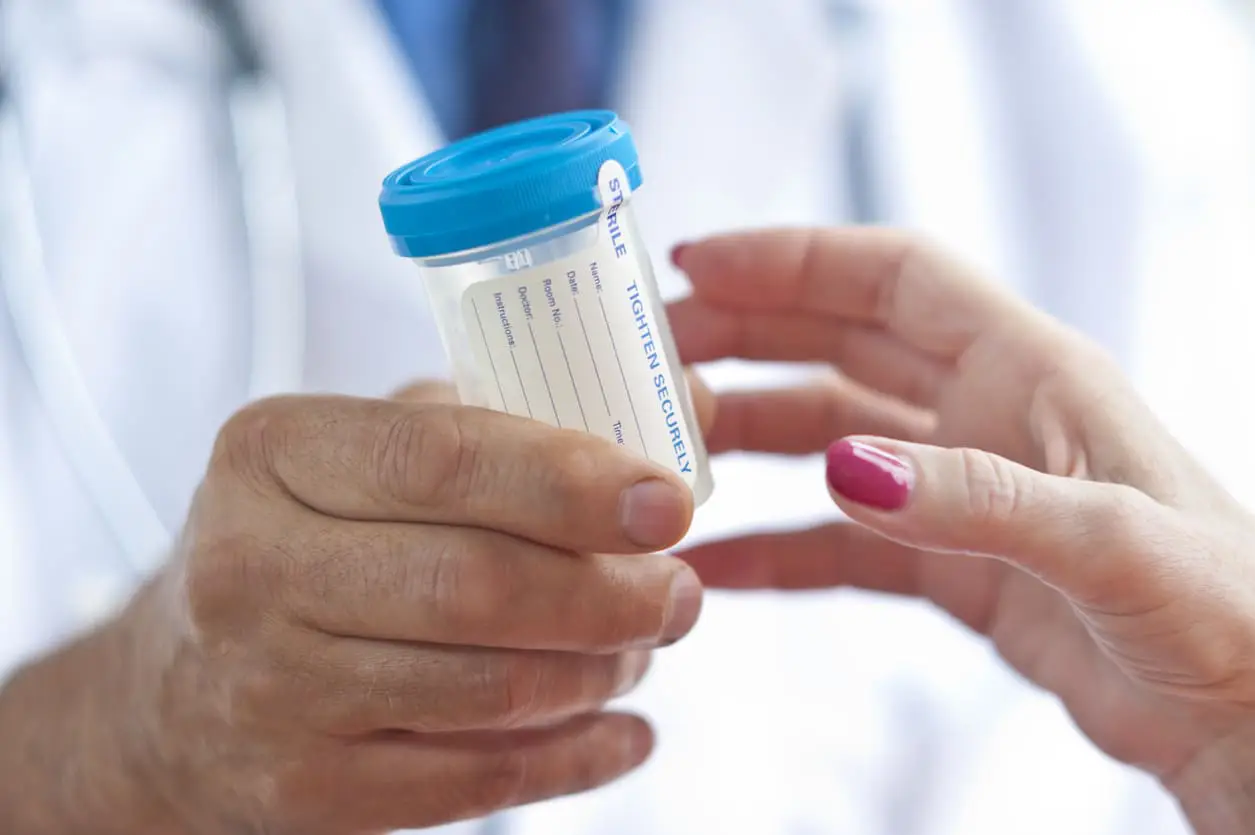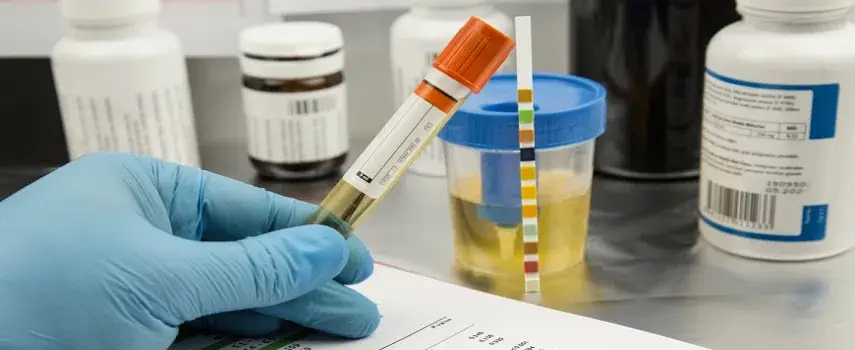Whether it is mandatory to have a drug test in a NY workers comp case will depend on the type of medications the injured worker is taking. The Non-Acute Pain Medical Treatment Guidelines determine when a doctor must prescribe drug testing. The frequency of drug testing also depends on whether an injured worker is a high risk individual. If an injured worker is taking opioid medications, such as morphine, fentanyl, or oxycodone, the Guidelines recommend periodic drug testing.
Importantly, the Medical Treatment Guidelines are recommendations, not rules. However, when it comes to drug testing in NY workers compensation, the Board will typically adhere to the Guidelines. Doctors use drug testing as a method to control treatment risks. Most physicians and insurance carriers accept drug testing as mandatory when a worker is taking opioid medication. In a recent case, the Board Panel dealt with the issue of whether a urine toxicology test was consistent with the Non-Acute Pain Medical Treatment Guidelines.
Mandatory Drug Tests for Opioid Medications
In that case, the injured worker was taking Tramadol, a pain medication, as prescribed by her doctor. She suffered from injuries to her back and hips. The insurance carrier objected to a medical bill stemming from a urine drug test. Specifically, the carrier argued that the injured worker was undergoing urine drug testing more frequently than recommended under the Guidelines. It did not want to pay the bill. The claimant argued that she was a high risk individual for opioid abuse. A high risk person requires more frequent drug testing under the Guidelines. Thus, the injured worker argued that the carrier must pay the bill for mandatory drug testing.
Do the Non-Acute Pain Medical Treatment Guidelines Include Mandatory Drug Testing in NY Workers Compensation?

In its decision, the Board Panel explained the purpose of drug testing.
Doctors prescribe drug testing to identify abuse, aberrant behavior, and to verify a claimant’s compliance with treatment. It also allows a physician to properly manage opioid therapy.
The Guidelines recommend random urine drug testing to monitor compliance. Drug testing also identifies other substances that can impact treatment decisions. The Board Panel pointed out that under the Guidelines, low risk claimants should undergo urine drug testing once per year.
Although only recommended, this standard for drug testing is so accepted that it is virtually mandatory. Failure to adhere to drug testing protocols can lead to discontinuation/denial of opioid medications. The Guidelines also recommend that doctors drug test high risk patients three to four times per year.
The Board Panel further noted that the mere lack of proof of aberrant behavior or non-compliance with a medication regimen does not establish that a worker is low risk. Nor does medical documentation stating that the worker is high risk, without other explanation, justify further testing. The Board Panel held that a doctor instead must conduct a full risk assessment to establish a person as high risk. It returned the case to the trial calendar for development of the record on whether the claimant was a high risk individual. If you find yourself in a similar situation or know someone who may have a workers compensation case, be sure to contact a law firm.


